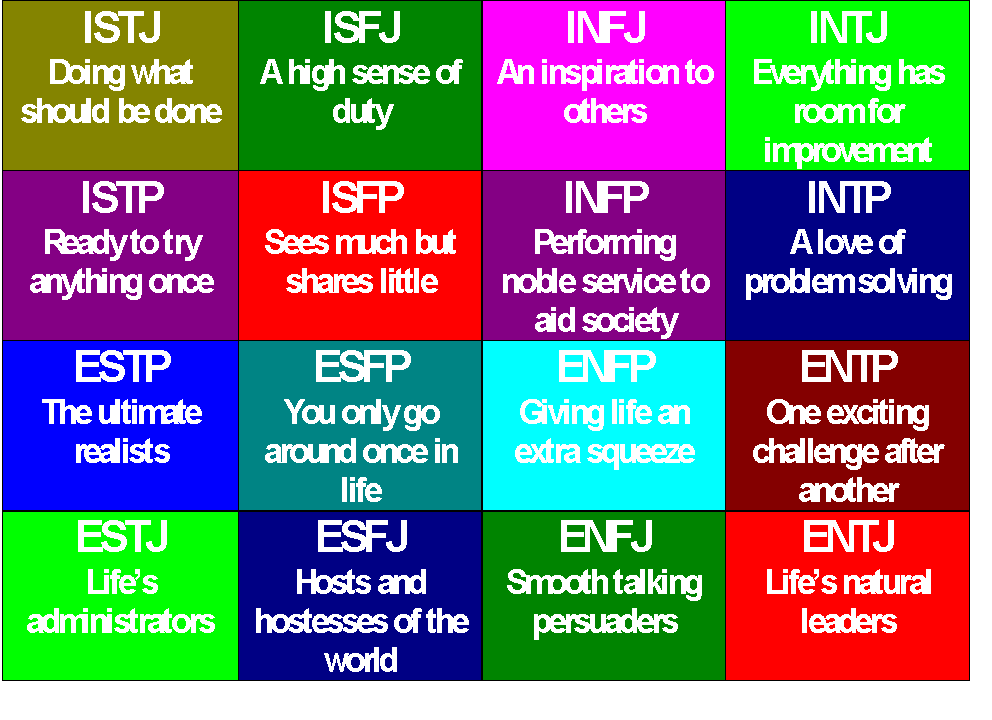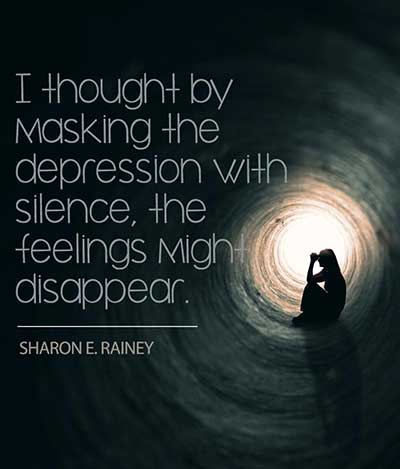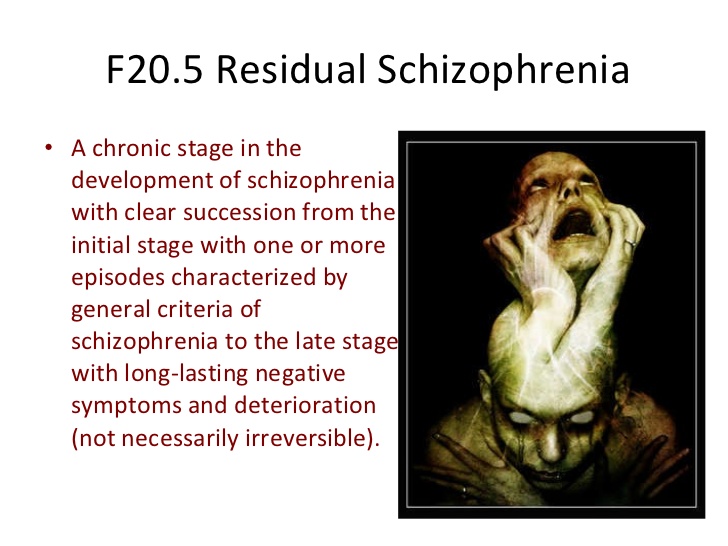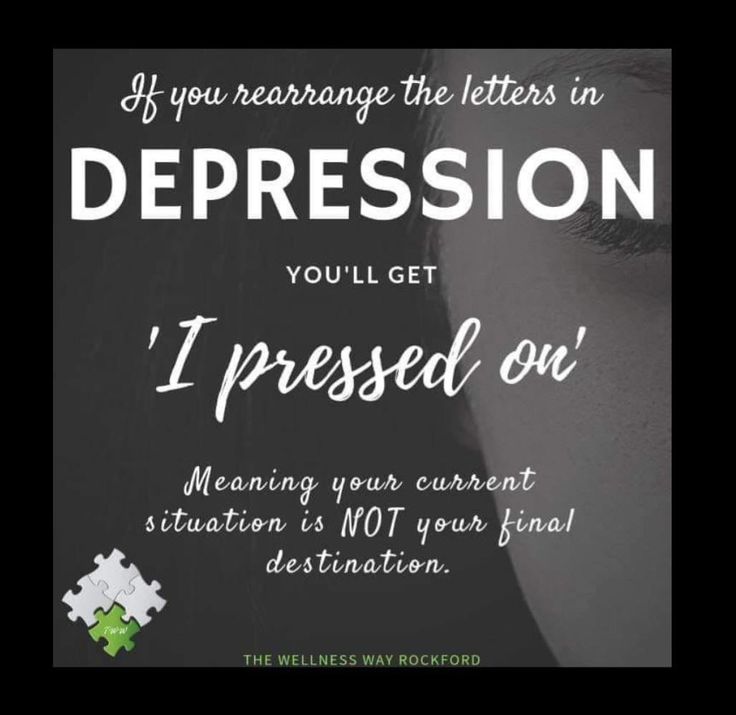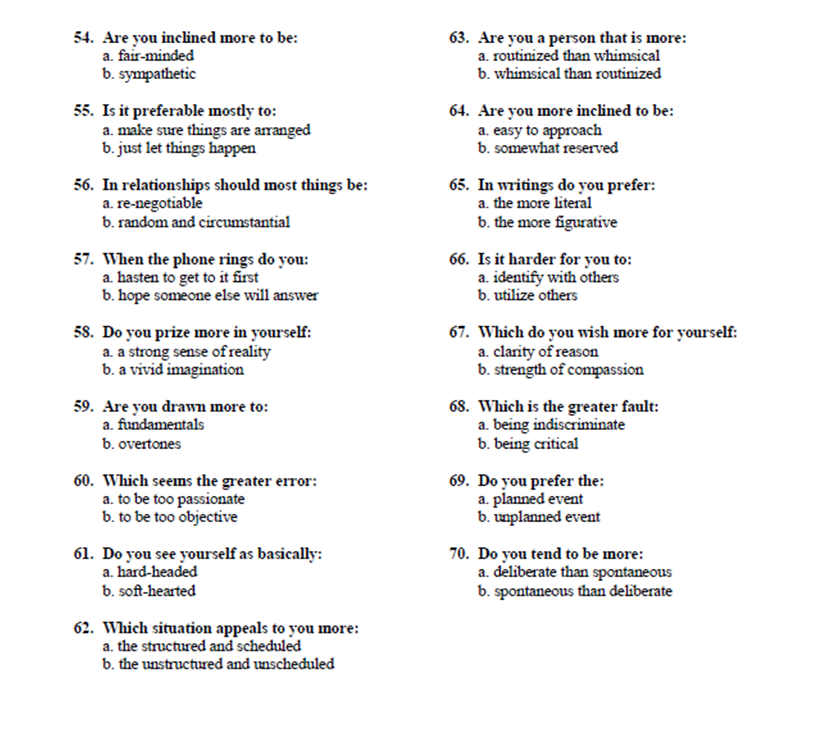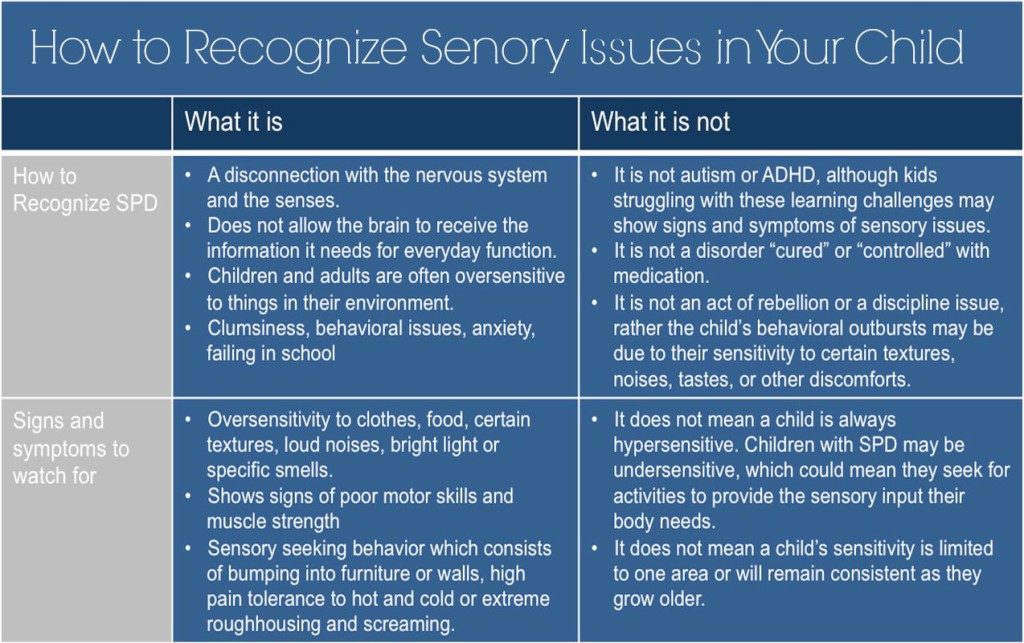Very rude comments
How to Respond to Rude Comments
Whether it’s a family member, a co-worker, or a stranger, chances are that you’ve had someone say something hurtful to you. Here’s how to deal with it.
How many times have you been having a perfectly uncontroversial conversation with someone when suddenly, they say something that just strikes a nerve?
Whether the rudeness comes from your closest friend, sibling, boss, or perfect stranger, chances are that you felt rattled by what happened.
And here’s the thing: Rudeness is contagious.
One 2016 study found that once we’ve witnessed or experienced it, we’re more likely to react rudely ourselves. An older study found that it can make us less creative, more aggressive, and perform poorly at work.
So how should we react to not make things worse?
If someone says something that upsets you, take a moment before you react. It’s important to consider the larger picture — and your relationship with the person who made the comment.
“Even if the behavior is completely uncalled for or inappropriate, perspective-taking helps us to understand a person’s actions instead of internalizing them,” explains Leah Aguirre, a licensed social worker and practicing therapist in San Diego, California.
“This does not justify the behavior or action but can help us to create some distance.”
Dr. Kendal Cassidy, a psychologist based in Tacoma, Washington, agrees.
“Humans have a tendency to commit the fundamental attribution error, which means that we assume someone’s poor actions are due to their character and not their circumstance.”
For example, if someone on the road speeds and cuts you off, you might assume that they’re being rude. But it could be that they’re rushing to the hospital with their partner who’s in labor.
“So before you respond, ask yourself what might be going on that would cause that person to say what they did,” Aguirre says. “Having this awareness and empathy might help you soften first before responding to them. ”
”
Why you don’t have to answer the commenter
Some people just aren’t worth the emotional effort or work that goes into responding, especially if they haven’t invested in your relationship.
Raven Solomon, a speaker, author, and researcher in Charlotte, North Carolina, brings the point home: In order for someone to have the “right” to an opinion about you, they have to have built up a rapport with you — or built up a “credit” in your relationship — before they get to make withdrawals from you.
Saba Harouni Lurie, a licensed marriage and family therapist in Los Angeles, echos this sentiment. She says that you should consider your relationship with the person who made the comment and how much time and energy you want to invest in the relationship.
If you decide you want to respond, there are a few ways you could do so to protect yourself and articulate yourself productively.
1. Pause to regroup
When someone says something hurtful, consider taking several seconds — or longer — to breathe, feel your feelings, and consider your response.
“When we respond out of impulse, we’re typically not thinking or acting with reason,” explains Aguirre.
“When we pause versus react, we give ourselves the opportunity to be more objective and see things for what they are. Once we’re regulated, only then can we truly be intentional with our words and have productive conversations.”
2. Detach
“If the question or comment is intentionally antagonistic or disrespectful, don’t take the bait — disengage,” says counselor Shemiah Derrick, author of “The Words Between Us: A 30-Day Journal for Couples to Get Closer and Communicate with Love.”
“Your restraint shows more growth than trying to prove a point.”
Plus, some people thrive on conflict. They may have said the hurtful thing to engage you and pull you into an argument. If you resist this, it will help you deflect some of the sting from their words.
3. Advocate for yourself
Advocating for yourself can be a powerful way for you to feel validated and give the relationship a chance to heal from the exchange — if you think the relationship is worth preserving.
“I would recommend the use of ‘I’ statements,” says Aguirre, as it makes your response less of an attack.
“For example, say ‘I feel invalidated when you call me lazy because I work so hard and it makes me feel under-appreciated,’ or ‘When you use foul language with me, I feel disrespected and no longer want to talk or work with you.’”
4. State your boundary
“People understand boundaries best when they are clear,” says Cassidy.
“Think of a fence. It’s a clear line that shows where your neighbor’s property ends and where your property begins. You would never go to your neighbor and explain the purpose of a fence — you would just build it.
“The same holds true with boundaries,” Cassidy continues. “You don’t have to overly explain why you’re drawing a boundary; you just need to clearly state it. A good boundary is clear, such as ‘Please do not ask me that question again’ or ‘In the future, I will walk away if you make comments about that again.’”
5.
 Don’t waste your breath
Don’t waste your breath Sometimes, “we cannot reason with individuals [who] are not open for discussion or willing to take accountability,” explains Aguirre.
“So while it is important to express ourselves and assert our boundaries, it is important that we remind ourselves that this person might not be receptive to feedback or wanting to engage in a discussion at all.”
If this is the case, there’s no point wasting your breath. Instead, Aguirre suggests, focus on what you can control, like limiting your interaction with them, ending the relationship, or even consulting with HR.
6. Leverage nonverbal cues
Sometimes, the best response for a situation might not be verbal. Instead, you can try to make them see how their words made you feel.
For example, you could try shaking your head, stepping or turning away, leaving the room, or even showing your hurt on your face.
7. Flip the script
If the direct approach makes you uncomfortable, you can also try a different approach: Ask a question. A “what” question shifts the dynamic and forces the offending party to think or rethink.
A “what” question shifts the dynamic and forces the offending party to think or rethink.
“You can respond with a question of your own that highlights the absurdity or tactlessness of their words,” explains Lurie.
“In doing so, you might also just prompt them to consider their intention and the harm caused, even if their intention wasn’t to cause harm.”
There’s no perfect way to respond to someone’s rudeness or hurtful comment. What’s “best” in that situation depends on your relationship with the person, your comfort level, and what you think would make you feel better.
Just remember, “If you later find yourself regretting how you handled a situation,” says Cassidy, “have self-compassion and remind yourself that you did the best you could at that moment given the resources and information you had.”
How to Respond to Rude Comments
Whether it’s a family member, a co-worker, or a stranger, chances are that you’ve had someone say something hurtful to you.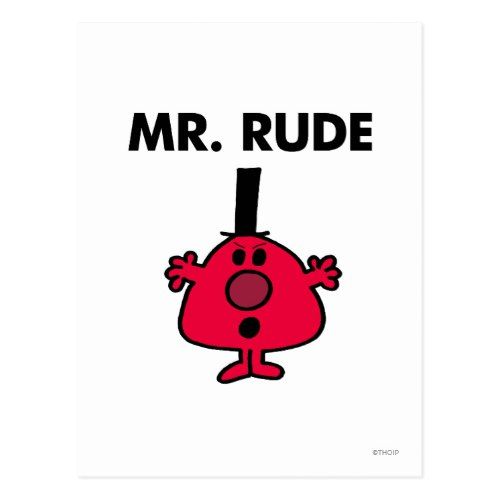 Here’s how to deal with it.
Here’s how to deal with it.
How many times have you been having a perfectly uncontroversial conversation with someone when suddenly, they say something that just strikes a nerve?
Whether the rudeness comes from your closest friend, sibling, boss, or perfect stranger, chances are that you felt rattled by what happened.
And here’s the thing: Rudeness is contagious.
One 2016 study found that once we’ve witnessed or experienced it, we’re more likely to react rudely ourselves. An older study found that it can make us less creative, more aggressive, and perform poorly at work.
So how should we react to not make things worse?
If someone says something that upsets you, take a moment before you react. It’s important to consider the larger picture — and your relationship with the person who made the comment.
“Even if the behavior is completely uncalled for or inappropriate, perspective-taking helps us to understand a person’s actions instead of internalizing them,” explains Leah Aguirre, a licensed social worker and practicing therapist in San Diego, California.
“This does not justify the behavior or action but can help us to create some distance.”
Dr. Kendal Cassidy, a psychologist based in Tacoma, Washington, agrees.
“Humans have a tendency to commit the fundamental attribution error, which means that we assume someone’s poor actions are due to their character and not their circumstance.”
For example, if someone on the road speeds and cuts you off, you might assume that they’re being rude. But it could be that they’re rushing to the hospital with their partner who’s in labor.
“So before you respond, ask yourself what might be going on that would cause that person to say what they did,” Aguirre says. “Having this awareness and empathy might help you soften first before responding to them.”
Why you don’t have to answer the commenter
Some people just aren’t worth the emotional effort or work that goes into responding, especially if they haven’t invested in your relationship.
Raven Solomon, a speaker, author, and researcher in Charlotte, North Carolina, brings the point home: In order for someone to have the “right” to an opinion about you, they have to have built up a rapport with you — or built up a “credit” in your relationship — before they get to make withdrawals from you.
Saba Harouni Lurie, a licensed marriage and family therapist in Los Angeles, echos this sentiment. She says that you should consider your relationship with the person who made the comment and how much time and energy you want to invest in the relationship.
If you decide you want to respond, there are a few ways you could do so to protect yourself and articulate yourself productively.
1. Pause to regroup
When someone says something hurtful, consider taking several seconds — or longer — to breathe, feel your feelings, and consider your response.
“When we respond out of impulse, we’re typically not thinking or acting with reason,” explains Aguirre.
“When we pause versus react, we give ourselves the opportunity to be more objective and see things for what they are. Once we’re regulated, only then can we truly be intentional with our words and have productive conversations.”
2. Detach
“If the question or comment is intentionally antagonistic or disrespectful, don’t take the bait — disengage,” says counselor Shemiah Derrick, author of “The Words Between Us: A 30-Day Journal for Couples to Get Closer and Communicate with Love.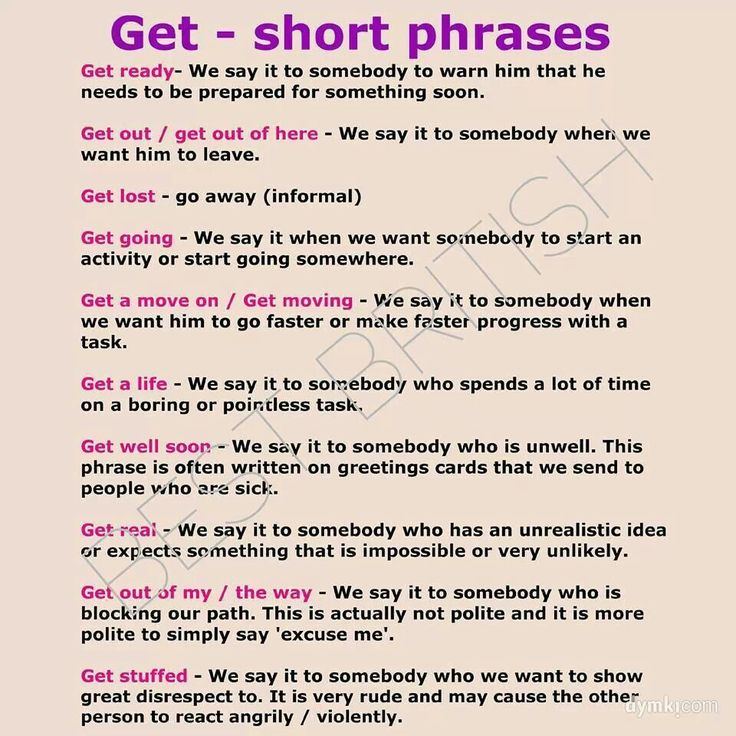 ”
”
“Your restraint shows more growth than trying to prove a point.”
Plus, some people thrive on conflict. They may have said the hurtful thing to engage you and pull you into an argument. If you resist this, it will help you deflect some of the sting from their words.
3. Advocate for yourself
Advocating for yourself can be a powerful way for you to feel validated and give the relationship a chance to heal from the exchange — if you think the relationship is worth preserving.
“I would recommend the use of ‘I’ statements,” says Aguirre, as it makes your response less of an attack.
“For example, say ‘I feel invalidated when you call me lazy because I work so hard and it makes me feel under-appreciated,’ or ‘When you use foul language with me, I feel disrespected and no longer want to talk or work with you.’”
4. State your boundary
“People understand boundaries best when they are clear,” says Cassidy.
“Think of a fence. It’s a clear line that shows where your neighbor’s property ends and where your property begins. You would never go to your neighbor and explain the purpose of a fence — you would just build it.
You would never go to your neighbor and explain the purpose of a fence — you would just build it.
“The same holds true with boundaries,” Cassidy continues. “You don’t have to overly explain why you’re drawing a boundary; you just need to clearly state it. A good boundary is clear, such as ‘Please do not ask me that question again’ or ‘In the future, I will walk away if you make comments about that again.’”
5. Don’t waste your breath
Sometimes, “we cannot reason with individuals [who] are not open for discussion or willing to take accountability,” explains Aguirre.
“So while it is important to express ourselves and assert our boundaries, it is important that we remind ourselves that this person might not be receptive to feedback or wanting to engage in a discussion at all.”
If this is the case, there’s no point wasting your breath. Instead, Aguirre suggests, focus on what you can control, like limiting your interaction with them, ending the relationship, or even consulting with HR.
6. Leverage nonverbal cues
Sometimes, the best response for a situation might not be verbal. Instead, you can try to make them see how their words made you feel.
For example, you could try shaking your head, stepping or turning away, leaving the room, or even showing your hurt on your face.
7. Flip the script
If the direct approach makes you uncomfortable, you can also try a different approach: Ask a question. A “what” question shifts the dynamic and forces the offending party to think or rethink.
“You can respond with a question of your own that highlights the absurdity or tactlessness of their words,” explains Lurie.
“In doing so, you might also just prompt them to consider their intention and the harm caused, even if their intention wasn’t to cause harm.”
There’s no perfect way to respond to someone’s rudeness or hurtful comment. What’s “best” in that situation depends on your relationship with the person, your comfort level, and what you think would make you feel better.
Just remember, “If you later find yourself regretting how you handled a situation,” says Cassidy, “have self-compassion and remind yourself that you did the best you could at that moment given the resources and information you had.”
6 Ways to Respond to Rude Comments with Dignity
April 18 Relationships
Strategies to help you stand up for yourself and others.
Share
0Many believe that as soon as an outrageous comment is made in the company, they will immediately witty silence the offender. Unfortunately, in reality, not everyone can boast of such a reaction.
Why we don't always react to rudeness
One of the main reasons is fear of possible consequences. If I tell my boss that he's misbehaving, I'll definitely lose my promotion. And if I bring up this topic during a family feast, I will never be invited to visit again. Nobody wants to make life difficult for themselves.
Another, no less significant reason is the lack of confidence in the interpretation, that we understand the situation correctly. Was it a bad joke or a rude comment? Is it a petty fight that got out of hand, or a manifestation of domestic violence? We don't want to appear stupid or vulnerable, so we rarely stand up for ourselves or others in uncertain circumstances.
Was it a bad joke or a rude comment? Is it a petty fight that got out of hand, or a manifestation of domestic violence? We don't want to appear stupid or vulnerable, so we rarely stand up for ourselves or others in uncertain circumstances.
Sociologists have repeatedly confirmed that in unambiguous situations we react more actively. In one study, researchers compared responses to vague and definite help signals. In the first case, the participants in the experiment heard a loud sound in the next room, in the second it was accompanied by a groan of pain. And in the latter situation, people were much more likely to rush to the rescue.
The lack of active action under uncertain circumstances is partly due to the experience that those around us will judge us. This explains why, according to one study, only 19% intervene in an altercation between a man and a woman when she yells, "I shouldn't have married you!" At the same time, if she exclaims: “I don’t know you!”, 65% are already trying to help. The internal conflict of two strangers makes us embarrassed and uncomfortable, so we try not to interfere in someone else's personal life.
The internal conflict of two strangers makes us embarrassed and uncomfortable, so we try not to interfere in someone else's personal life.
A natural human impulse when faced with an uncertain situation is to follow the reaction of others. But the problem is that no one wants to be the first to enter into a conflict, so we are still waiting for someone else to do it. Unfortunately, with such a development of events, rude behavior remains unpunished and is repeated again.
But the good news is that a few simple methods can help you learn to stand up for yourself and protect others in conflict situations.
How to properly respond to rudeness
1. Express your position clearly and concisely
This will prevent you from slipping into lecturing or humiliating another person. The task in this case is to note that everything that happens is wrong for both the aggressor and the observers.
In one study, the authors studied reactions to homophobic comments in the workplace. It turned out that the most effective were calm and direct replies, such as: "Hey, this is not cool."
It turned out that the most effective were calm and direct replies, such as: "Hey, this is not cool."
This approach can be used in almost any situation. Open disapproval shows the aggressor that his behavior is unacceptable, and this is the first step towards creating healthy social norms.
2. Treating an unpleasant remark as sarcasm
Sometimes this disarms the interlocutor. Let's say your colleague makes a sexist comment like "A woman can't be a good boss." This can be answered like this: “I know that you are just trying to joke. Although, imagine, there are people who really think that women are too emotional for high positions!
This reaction will show that you do not agree with the comment, but will not offend the other person.
3. Explain discomfort through personal experience
Facts from your life will do for this. For example, if you are uncomfortable with some kind of conversation about religion, you can answer as follows: "I am a believer, and I would not like to hear this. " So you show the interlocutor that his remarks are inappropriate, but do not get personal.
" So you show the interlocutor that his remarks are inappropriate, but do not get personal.
4. Try different tactics regularly
It is not enough to study all kinds of techniques, they must be applied in life. This will help you deal with embarrassment, build confidence, and act naturally during conflicts.
5. Find like-minded people
According to Stanford University sociologist Doug McAdam, we are more likely to challenge social norms, even at the risk of ourselves, when we are not alone. Change very often starts with one or more people. People see their courage and join them. That is why it is easier for us to protect ourselves and others when we feel the strong shoulder of a loved one nearby.
6. Putting yourself in the place of another
Deciding to fight back against rude people is many times easier if you put yourself in the place of the person being bullied. Some of us are empathic by nature. If you are not like that, try to train this quality in yourself.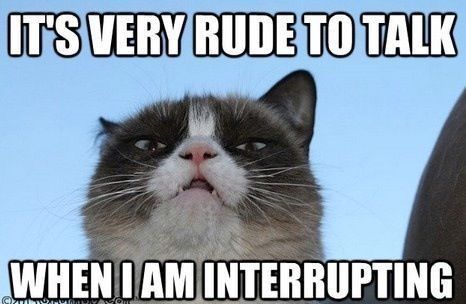 After all, if you yourself became the object of ridicule or physical force, would you really not want someone to support you? Try to be that person for others.
After all, if you yourself became the object of ridicule or physical force, would you really not want someone to support you? Try to be that person for others.
Each of us can learn to stand up for ourselves and those around us. And the more often we do this, the more situations silence and inaction in society will be replaced by courage.
Read also 🧐
- How to work with colleagues if you can't find a common language
- How to get your way without manipulation and coercion
- 10 signs that it's time to strengthen personal boundaries
How to ignore negative comments on the Internet
January 30, 2015Relationships
Negative comments are unsettling, they spoil mood and self-esteem. Meanwhile, trolls are pouring tons of negativity on the Internet, and paying attention to each of them will get you stressed very soon. As soon as possible, learn an important skill for survival on the Internet - the ability to ignore harsh, rude and obviously provocative comments.
Iya Zorina
Author of Lifehacker, athlete, CCM
Share
0Have you ever heard the proverb “An empty barrel rattles more”? So they say about narrow-minded people who express their opinion loudest and most often, but in fact they know nothing and speak nonsense.
The proverb is old, but it does not lose its relevance: to this day, the one who expresses his opinion the loudest or even tries to impose it, as a rule, is not very smart or talented.
We must immediately warn you that we are not talking about all negative comments, but only about the most “loud” ones, with unfounded attacks.
There are negative, but adequate comments that can be answered and worked with. Man after solving his problem thanks and apologizes. And there are just moronic comments: “nonsense”, “nonsense” or “the author is a moron” - such a bath, because they are not substantiated by anything.
Tanya
Lifehacker's SMM specialist
The brighter a person criticizes and pours skepticism on any materials, the louder his negative comments sound, the more empty this person is. This applies not only to emptiness in the place of intellect (he can be very smart and well-read). It can be emptiness in the place of the heart, emptiness in the soul, emptiness in life or emptiness in the place of self-esteem.
The loudest comments, the harshest and rudest of them, are not made because the person really has a reason to add them. Rather, they sound like proof that the commentator is unhappy, and the material simply becomes a target into which a person discharges a clip of his hatred and dissatisfaction with life.
Such trolls can also be found in real life. These are the people who try to disrupt a seminar or public speaking, bombard the speaker with negative comments, and just get in the way of continuing.
And of course, there are trolls in your personal life as well. Among friends and acquaintances, there are people who can condemn your lifestyle and direction of development - in general, everything that you do and have already done.
Among friends and acquaintances, there are people who can condemn your lifestyle and direction of development - in general, everything that you do and have already done.
Moreover, their views can be quite flat and one-sided, they can act hostile for some ridiculous reason, even if you don’t know each other very well and don’t communicate very often. So how do you deal with them all? First of all, don't waste your time on them.
The main mistake is the reaction to the negative
People who have not yet learned to deal with negative comments react strongly to them and feel that they bear some responsibility for them.
At the same time, the person sees that the comment is illogical and the attacks are unjustified, but he cannot help himself - his mood deteriorates, he continues to think about the comment or the unpleasant conversation in reality. In general, he spends his time and mood on him, he believes that he must somehow react to this.
Thoughts appear: “How did I cause such a reaction in a person?”, “What is wrong with me?”, “How can I prevent such a reaction from occurring in the future?”.
In the end, a person may come to the following conclusion: “Everyone is right, but I am wrong. It's my fault". After that, the person tries to avoid a series of sarcastic statements and conflicts. In other words, he thinks how not to provoke people to new negative comments.
By trying to please everyone, you will simply spend more time on the work that otherwise, without regard to the violently critical public, you would do twice as fast and better. Are they worth your time? After all, you still cannot please the trolls, moreover, they are not really interested in the quality of your work.
Spending time and attention on trolls is unjustified
Of course, you pay more attention to trolls and their statements than to calm and neutral reviews. This is because they sound louder, sharper and rougher. You begin to respond to their comments, preparing your answers more carefully than if you were answering questions and comments in a calm or friendly tone.
In general, you waste your time and energy, pay much more attention, but the trolls do not need this. They do not need you to answer in detail and competently, they do not need proof that you are right. Whatever you write to them in an attempt to prove your point, in response you will receive only negative comments and new portions of bile.
They do not need you to answer in detail and competently, they do not need proof that you are right. Whatever you write to them in an attempt to prove your point, in response you will receive only negative comments and new portions of bile.
Therefore, it is not worth spending time on them at all, or at least not worth spending more time than other comments and reviews.
A comment doesn't deserve more attention just because it's louder, harsher, or more rude. This does not make it any more important or meaningful.
Moreover, such comments mean even less than others. Their text is dictated by the internal emptiness of the commentator himself, and what do you care about empty people?
Here are seven tips to help you get rid of the influence of negative comments and waste of time. So what do you need to do to stop paying attention to them?
1. Understand that loud doesn't mean important
Sometimes loud comments mean nothing - they are empty. Therefore, they deserve less attention than others, or do not deserve it at all.
Therefore, they deserve less attention than others, or do not deserve it at all.
2. Learning to see the difference between good advice and useless noise
We get a lot of advice throughout our lives, but that doesn't mean you have to listen to every one of them. Before accepting and reflecting on advice, determine whether the advice fits with your worldview, is consistent with your values, and will help you achieve your goals. If you answered “no” to all three questions, you can safely throw the advice out of your head.
You stop worrying very quickly when you realize that the picture of the world in the head of an evil commentator will never coincide with yours. It remains to give him the opportunity to speak out, and if he comes to direct insults and transitions to personalities, ban him. And so we have freedom of speech.
Aleksey Ponomar
3. Consciously shift the focus to the right people
Instead of paying attention to the "loud" people just because they are sharper and more aggressive than others in expressing their opinion, consciously focus on the people whose opinion really matters, commentators whose knowledge and experience will be useful to you.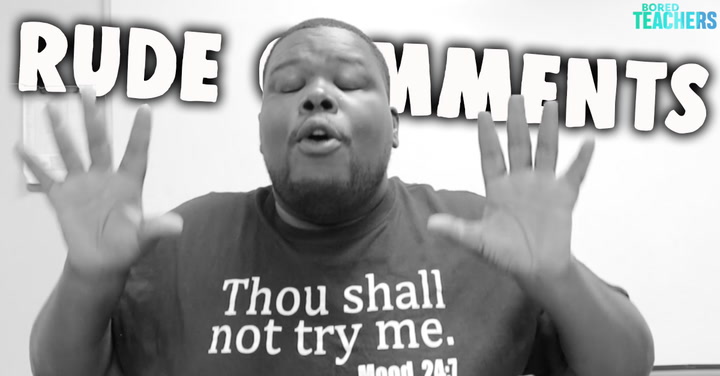 Before reacting to a negative comment, look at who exactly left it. This will help to respond correctly and understand whether it is worth paying attention to it or not.
Before reacting to a negative comment, look at who exactly left it. This will help to respond correctly and understand whether it is worth paying attention to it or not.
Someone else's opinion is subjective, and I appreciate who this comment is from. If it's just the accountant Katya, the manager Petya or the welder Kolya, then it's not a shame; if this is a specialist or an expert in my field, it will be sad and even unpleasant.
Tanya
SMM-specialist
4. Realize that the "right" people can be quiet
There are people who support you, help and encourage, but do not try to push your attention. You may not notice them because they don't say anything harsh and critical that immediately catches your eye and makes you nervous, but their support can help you a lot. Find such people among your commentators and switch your attention from screamers and trolls to such people.
5. Apply the 99:1 rule when dealing with loud people
If you often encounter trolls in your life, use the 99:1 rule.



